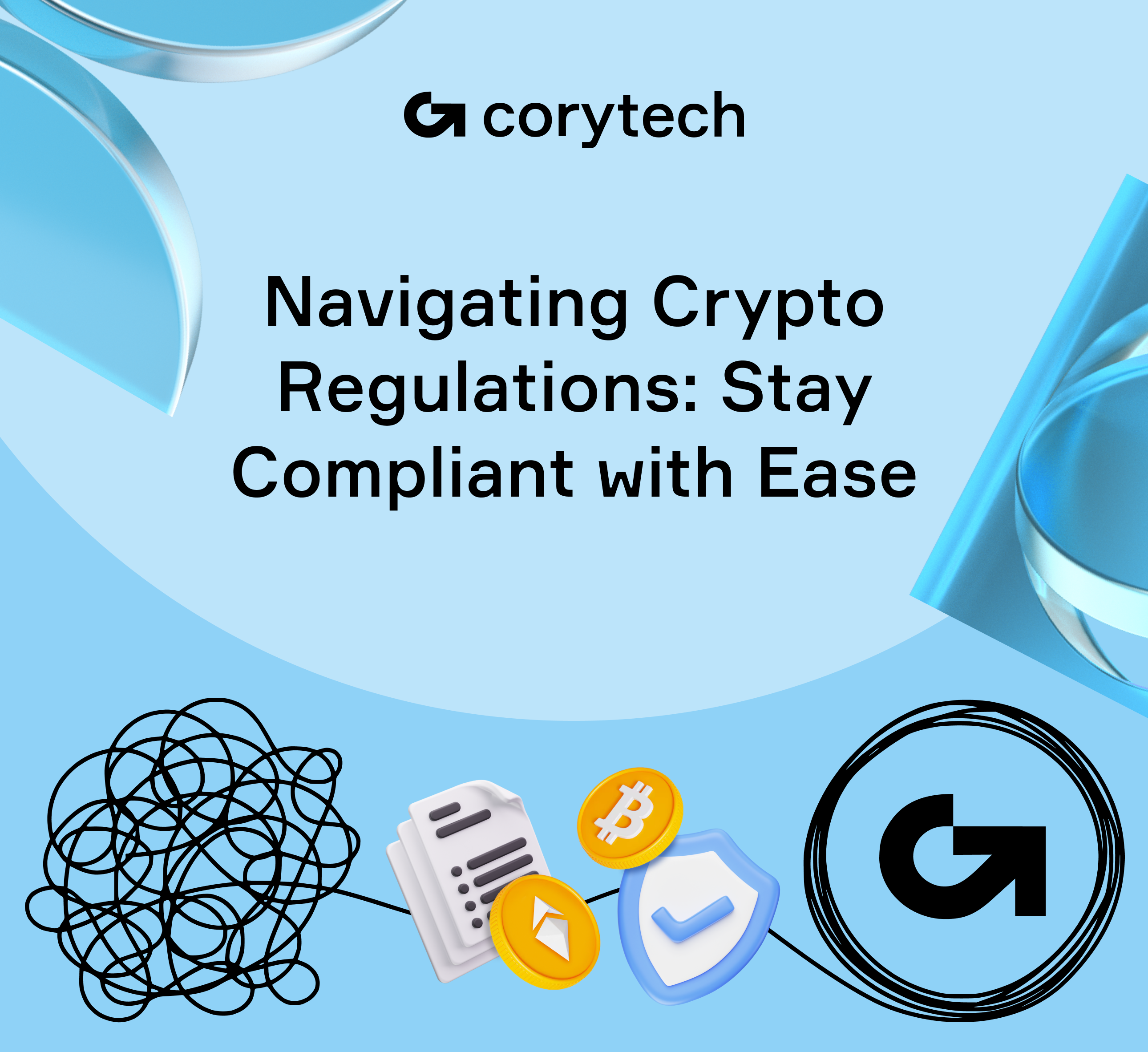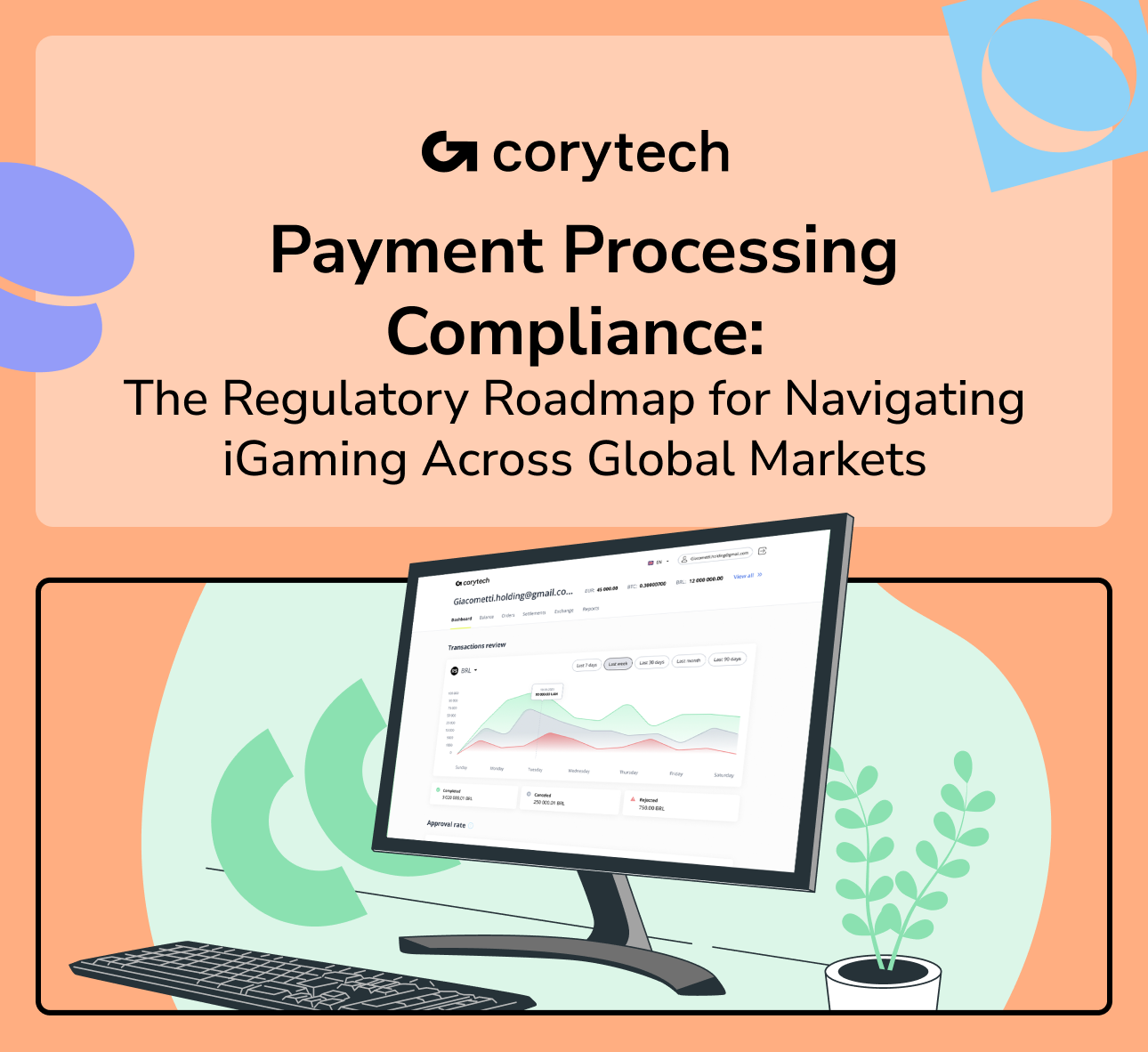The Hidden Risk in Going Global
The global iGaming market is on an explosive trajectory, projected to top USD 138 billion by 2028. Yet the same forces that make expansion irresistible—borderless player bases, round‑the‑clock revenue, rapid new‑market entry—also hide an existential threat: payment compliance failures. The financial industry is heavily regulated due to the need to ensure maximum data security and promote risk avoidance. PCI DSS compliance is a mandatory compliance framework that regulates the handling of cardholder data. Within the payments industry, regulatory compliance is enforced through industry data security standards such as PCI DSS, which is developed and maintained by the PCI Security Standards Council to protect cardholder data and uphold security standards across the payment industry. PCI DSS compliance enhances security by preventing unauthorized transactions, which can be exploited for financial crimes.
Every day, well‑funded operators watch profits evaporate through fines, frozen settlement accounts, or sudden market bans—often triggered not by games, but by payments that violated local payment processing compliance rules. One missed AML flag, one mis‑coded transaction, and months of momentum vanish overnight. Adhering to compliance standards minimizes the likelihood of legal action, such as investigations and civil lawsuits. Non-compliance with PCI DSS can lead to severe financial penalties, including fines and increased transaction fees. Strong internal controls are essential for regulatory compliance, helping organizations mitigate risks and prevent fraudulent or illicit activities.
Corytech exists so that never happens to you. We turn the fog of multi‑jurisdictional regulation into a clear flightpath, letting ambitious iGaming brands scale globally—without ever losing sleep over payment compliance regulations. Following compliance standards signals to customers that the company is committed to ethical practices and transparency. Stress-free payment solutions help prevent data breaches and fraud during the processing and transmitting of card data.

The Global iGaming Puzzle: Fragmented Regulations, One Business
“iGaming is global; regulation is stubbornly local.” — Financial Action Task Force (FATF) 2024 report
Across the European Union, LatAm, APAC, and the United States, licensing frameworks and payment rules diverge—sometimes radically. The evolving regulatory landscape, shaped by various regulatory bodies, requires organizations to continuously adapt their compliance strategies. Understanding and implementing specific compliance requirements is essential for navigating these differences. The development of robust contingency plans and backup procedures as part of meeting regulatory requirements is vital for sustaining operations during unexpected disruptions. Regular compliance audits are necessary to ensure adherence to PCI DSS standards. PCI DSS compliance levels are determined based on the volume of transactions a business processes annually.
To thrive, payment service providers (PSPs) and operators must align payment gateway compliance with each locale’s AML/KYC depth, transaction‑monitoring thresholds, data‑localisation laws, and compliance requirements across jurisdictions. Fail once, and regulators have precedent for million‑dollar enforcement—like the 2023 UKGC £19.2 M penalty that rattled the industry. Effective implementation of KYC and AML regulations helps organizations comply with regulatory obligations and safeguard their reputation. KYC involves implementing a Customer Identification Program (CIP) that verifies a customer’s identity by cross-checking information against trustworthy sources. The Revised Payment Services Directive (PSD2) mandates strong customer authentication for electronic payments.
Corytech’s team tracks each rulebook, so your payment stack never lags behind a decree. Maintaining payment compliance assures customers that their personal information is secure. To maintain PCI DSS compliance, organizations must implement strong access control measures and monitor networks for suspicious activity.
Core Compliance Pitfalls for Payment Service Providers in Payment Processing
Even seasoned operators stumble over familiar tripwires:
- Inadequate AML/KYC Checks
Out‑of‑date screening matrices trigger deep‑dive audits and headline‑making fines. Insufficient AML and KYC checks increase the risk of financial crimes and financial crime, such as money laundering and fraud. - Misclassified Merchant Category Codes (MCCs)
An innocent miscoding can spike decline rates above 30 %, crippling conversion. - Data‑Privacy Blind Spots
GDPR conflict with Brazil’s LGPD or India’s PDPB leads to injunctions and forced data repatriation. These blind spots can expose sensitive data and financial data, increasing the risk of identity theft and regulatory penalties. - Ignored Currency‑Control Laws
Emerging‑market regulators freeze cross‑border flows the moment thresholds are breached. Failing to adhere to AML and KYC can mean strict penalties or even business shutdowns imposed by regulators like FINCEN and the FCA. The backbone of AML compliance is the AML program that relevant businesses must introduce. Data that must be protected under PCI DSS includes credit card numbers, security codes, and card expiration dates.

Building a Regulatory Compliance Framework for iGaming Payments
Establishing a robust regulatory compliance framework is the foundation for secure and successful iGaming payment operations. As payment service providers and financial institutions process high volumes of financial transactions, they must navigate a complex web of consumer protection laws and payment processing regulations across multiple jurisdictions. A well-designed compliance framework not only safeguards sensitive cardholder data but also helps prevent costly data breaches that can undermine player trust and trigger regulatory penalties.
At its core, a compliance framework should include comprehensive policies and procedures for protecting cardholder data at every stage of the payment process. This means implementing advanced encryption, tokenization, and secure storage solutions to ensure that payment data remains confidential and tamper-proof. Regular vulnerability assessments and a proactive incident response plan are essential to minimize the risk of data breaches and demonstrate a commitment to ongoing risk management.
Payment service providers must also establish rigorous transaction monitoring protocols to detect suspicious activity and comply with anti-money laundering (AML) requirements. This includes real-time screening of financial transactions, robust customer identification programs, and ongoing monitoring to ensure that all payment processing activities align with regulatory compliance standards.
By prioritizing these measures, payment processing companies can not only meet the demands of payment processing regulations but also foster a culture of transparency and accountability. Ultimately, a strong compliance framework protects both the business and its customers, ensuring that every payment transaction is secure, compliant, and trusted by all parties involved.
From Chaos to Clarity: Corytech’s Compliance‑First Payment Architecture
Built‑In Regulatory Intelligence
- Adaptive payment flows auto‑apply region‑specific KYC/AML depth, sanction lists, and velocity checks.
Modular KYC/AML & PCI DSS Compliance Orchestration
- Plug‑and‑play verifiers (biometric ID, PEP/sanctions, documentary KYC) let you tailor risk without code rewrites.
Smart Routing to Compliant Local Acquirers
- Our gateway chooses the optimal path—local card schemes, APMs, or crypto rails—based on regulator‑approved corridors.
Real‑Time Monitoring & Alerts
- AI‑driven behavioural heuristics flag suspicious activity before regulators do, allowing proactive remediation.
Real‑World Example: How a Multi‑Market Operator Avoided a $2 M Fine
The Issue: A Tier‑2 sportsbook fast‑tracked into Spain, Brazil, and the Philippines, unaware of region‑specific deposit caps and mandatory KYC re‑verification triggers.
The Risk: Regulator audit flagged non‑compliant high‑value transactions—potential fines totalling USD 2 million and a 14‑day operational suspension.
The Solution: Corytech deployed geo‑aware payment flows within 48 hours:
- Region‑specific deposit ceilings and rollback of non‑verified high rollers
- Instant sanctions‑screening and automated documentary KYC
- Redirect of at‑risk transactions to fully licensed local acquirers, ensuring secure handling of payment card data and payment card industry data
Payment solutions and payment software are designed to ensure compliance with payment processing services requirements, supporting secure, efficient, and regulatory-compliant operations.
The Result: Zero fines, uninterrupted player experience, and a 9 % uplift in approved transactions within 30 days, with secure processing of payment transactions, including credit card payments and electronic payments.

Preparing for What’s Next: Emerging Regulatory Trends to Watch
- Real‑Time Compliance Checks
Regulators like Singapore’s MAS now expect AI‑backed transaction scoring—manual batch reviews won’t suffice. - Cross‑Border Data Localisation Laws
India and Indonesia mandate on‑shore storage, altering gateway topology. Data privacy laws such as CCPA and GDPR are increasingly shaping how eCommerce businesses handle customer information, directly impacting payment security and the integrity of the financial system. Data privacy laws like the California Consumer Privacy Act (CCPA) grant consumers rights such as access to their personal data and the right to request deletion. - Crypto Payment Regulations
Unified frameworks (MiCA in the EU) will harden KYC around digital assets. - Increased Inter‑Regulator Cooperation
FATF information‑sharing pacts mean violations travel faster than ever. GDPR establishes rules for lawful transfers of personal data outside the EU, requiring adequate protection measures in non-EU countries. The General Data Protection Regulation (GDPR) was introduced by the European Union to enhance personal data protection. As part of compliance checks and incident response, organizations must implement a comprehensive vulnerability management program and robust security measures to protect cardholder data, prevent data breaches, and ensure ongoing payment security.
Corytech monitors 160+ jurisdictions and adapts systems ahead of each change—so you’re already compliant when new rules drop.
.png)
Turn Compliance into a Competitive Advantage
Regulatory friction doesn’t have to stunt growth. With Corytech, payment compliance becomes a selling point—assuring regulators, investors, and players that your brand operates to gold‑standard governance. Payments compliance refers to adherence to payment network rules and the responsibilities of payment providers, payment processors, and business entities to ensure payments compliance across all transactions. Mutual transparency in business operations enhances client trust.
Working with trusted payment networks, credit card companies, and account information service providers is essential to maintain compliance and unlock new markets.
You don’t have to navigate the red tape alone.
Ready to de‑risk expansion and unlock new markets?
Book a Compliance Consultation with Corytech Today
🛡️ Cut through the red tape. Let our team tailor a region‑specific roadmap for your payment success.







 Payments
Payments
 Solutions
Solutions
 Industries
Industries
 Services
Services
 Resources
Resources












